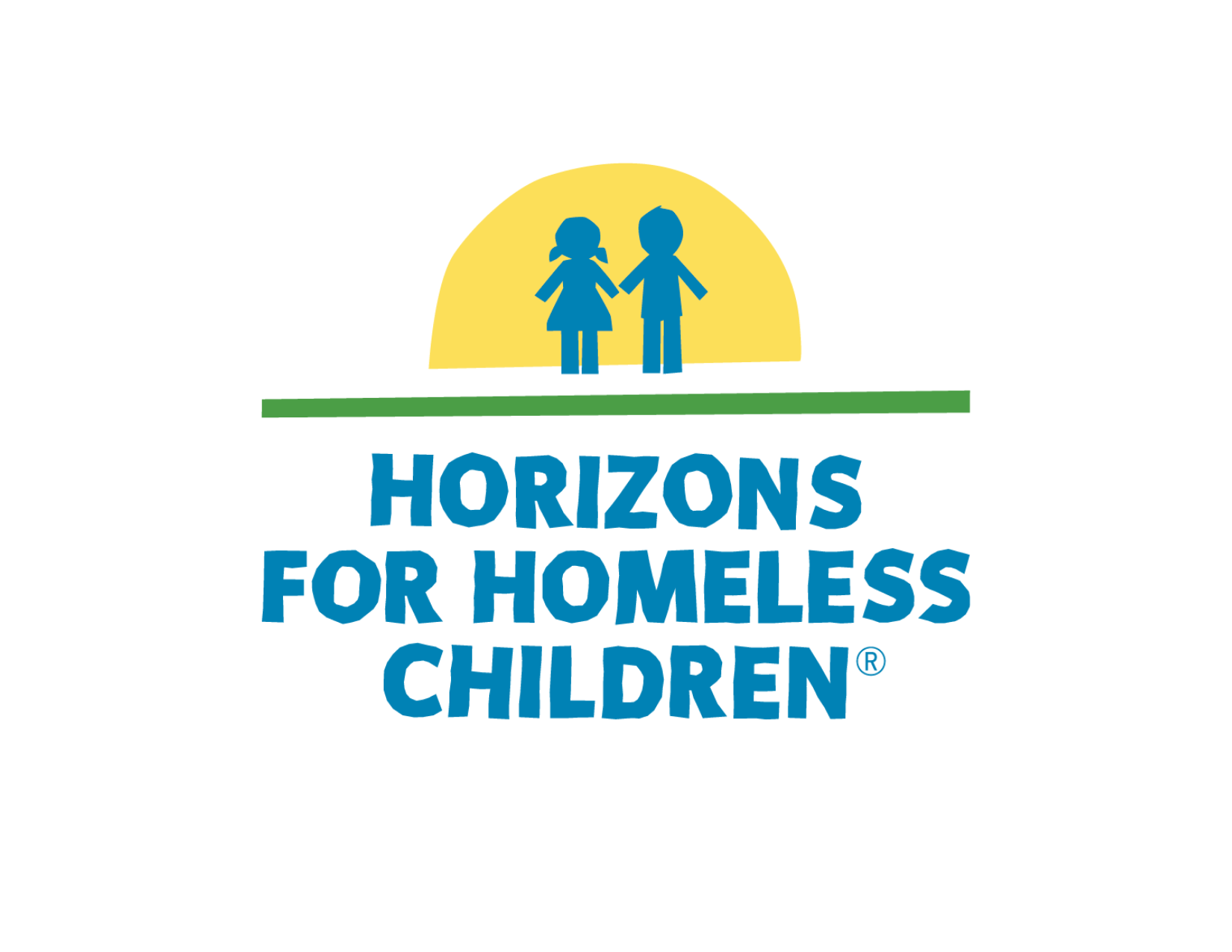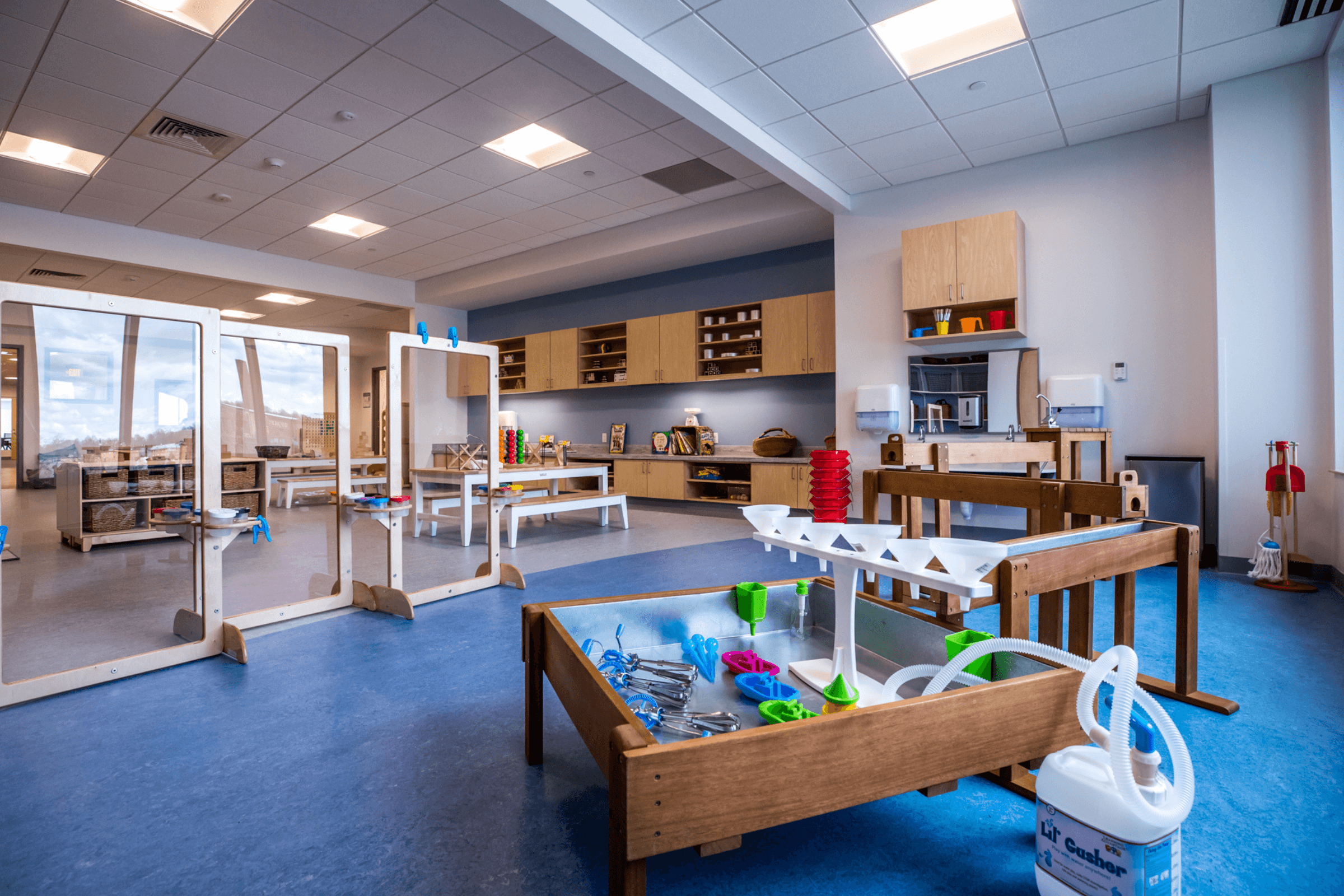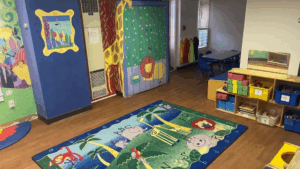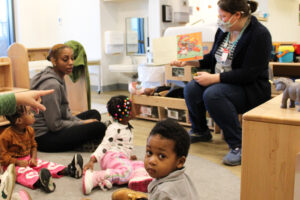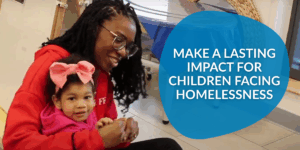Starting Early with STEM Exploration
“We don’t often think of very young children as problem solvers. But watch a child figure out how to reach their favorite toy or how to get from one side of the room to the other, and you’ll see that’s just what they’re doing. It’s problem solving in action, a 21st-century skill that will enable them to engage in science and technology. We need to do our part to nurture that.” – Kate Barrand, President & CEO of Horizons
Why STEM matters at Horizons
Science, technology, engineering, and math (STEM) at Horizons is of particular importance because there is a STEM opportunity gap for children living in poverty and those who are members of linguistic and ethnic minority groups. According to the U.S. Dept of Education, children like those served at Horizons have fewer opportunities to engage in STEM learning activities than their peers. The opening of the new Hawk Foundation STEM lab in our early education center aims to change that inequity for our students.
Growing evidence demonstrates that very young children from all backgrounds learn important STEM skills and habits from everyday play and early learning activities. When facilitated by a caring adult, activities like growing their own fruits and vegetables or building and stacking blocks can become opportunities to collect data, begin to develop hypotheses, solve problems, and learn to adjust their approach when things do not go as expected.
As plans for the Edgerley Family Horizons Center took shape, the team recognized the opportunity to include space specifically for scientific exploration and learning. Once the building opened, it was time to explore how best to use the new lab with toddlers and preschoolers. Two partnerships emerged as natural fits for Horizons and the children it serves.
Partners in bringing science to life
The Museum of Science has long been respected as a cultural institution in New England working to equip and inspire, using science for the global good. At the same time, a relationship with nearby Tufts University, both the School of Education including the RISE (Readiness through Integrative Science and Engineering) program and Tufts’ Technologies Research Group in the Eliot-Pearson Department of Child Development, surfaced.
The Museum of Science was ideally positioned to bring their expertise into the early education center so that Horizons’ teachers could create meaningful experiences for young children coming to school every day. With the understanding that anyone, young children included, can begin to think like an engineer, Horizons adopted the Wee Engineer ® program. Designed to capture young children’s natural curiosity, the program strengthens problem solving and critical thinking skills. The museum created boxes of materials and associated lesson plans for Horizons’ teachers to peruse and incorporate in their classroom time in the STEM lab. Curriculum revolves around specially designed activities that encourage children to “Explore” “Create” and “Improve,” the fundamental steps of engineering. Whether they’re building a loud noisemaker or making a raft that floats, children are creating and testing theories at the simplest levels. Horizons’ toddler classes and older have started using the program.
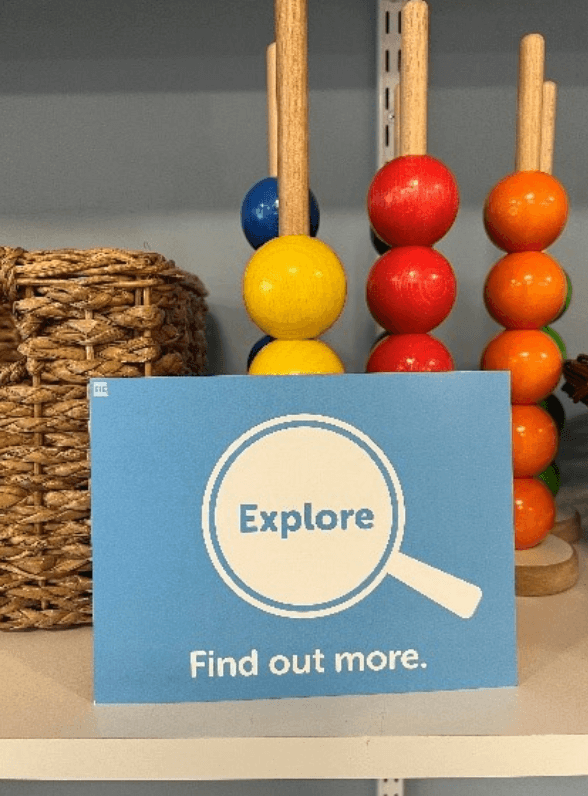
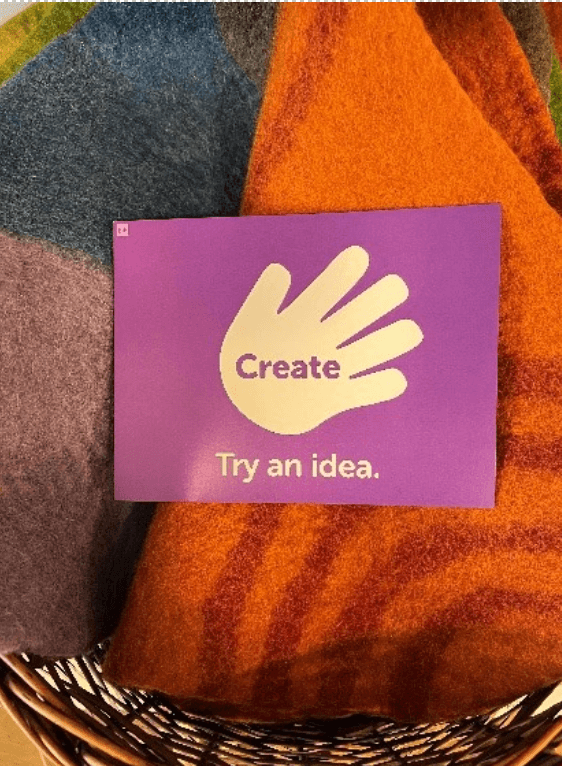
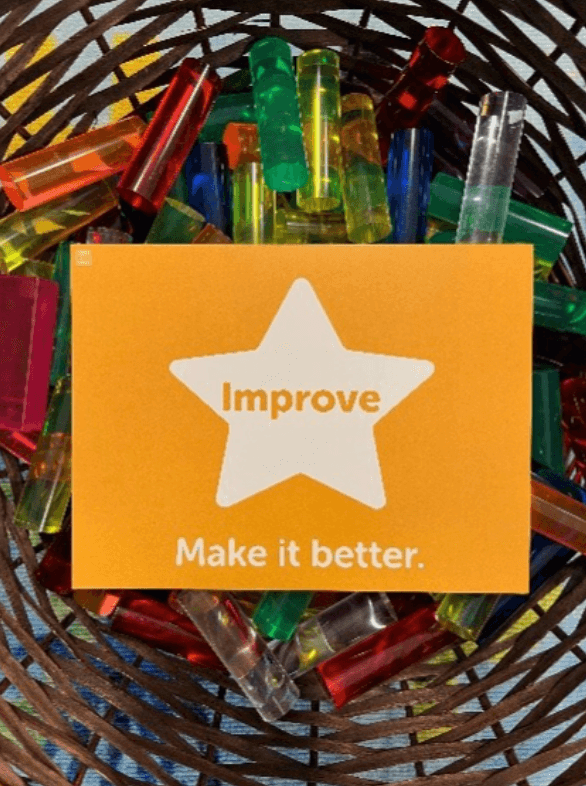
Building robots with imagination
Horizons also welcomed a joint venture with Dr. Marina Bers, who heads the Developmental Technologies Research group at Tufts University and is the inventor of KIBO, a developmentally appropriate robotic system for young children. Much of her academic and professional work has focused on the technology and engineering aspects of STEM curriculum in early education.
The KIBO robotic system is programmed using tangible wooden programming blocks. Each child creates a sequence of instructions (a program) using the wooden blocks and KIBO reads the barcodes with an embedded scanner. With the press of a button, children watch the robot come alive. The KIBO programming language contains 21 unique blocks and 12 unique parameters leading to endless creative possibilities. It may feel to the children like play, but they are learning early coding skills. Horizons’ Universal Pre-Kindergarten (UPK) classes are currently participating weekly, supported by their teachers and graduate students from Tufts.
Professional preparation is key
“While our teachers always recognized how free play can include scientific principles like exploring patterns or comparing magnitudes, these new curricula involved materials they’d never used before. We set up professional development sessions for our teachers to learn directly from the teams at the Museum of Science and Tufts so they could become more familiar with the lessons before sharing them with their students.” – Amanda Martinez, Education Manager at Horizons
Later this Spring, all the teachers will come together for a STEM fair where each classroom will share a lesson and activity with other teachers, an opportunity to learn from each other. The end result will be a STEM curriculum collection unique to Horizons’ classrooms that spans from infancy up to preschool.
Learning from what works
As Horizons’ teachers begin to make the curriculum their own and STEM becomes a more embedded part of the Horizons’ learning experience, there are more opportunities ahead. As a City of Boston Universal Pre-Kindergarten site, Horizons is in a unique position to offer the lab as a learning site for Boston Public School (BPS) teachers in need of professional development workshops in STEM. In fact, the two Horizons UPK classrooms are currently participating in a science pilot with BPS that will inform future curriculum decisions that will apply to all early ed classrooms across the city. The team from Tufts is capturing data and using the teachers’ logs to improve the impact of the KIBO program, helping build the case for extending the program to other disadvantaged communities of children. Meanwhile, Horizons teachers are strengthening their teaching skills, growing new competencies and comfort using best-in-class curriculum.
“Already we’re seeing the focus on STEM is benefiting the children, our staff and partner institutions. The team will agree the new STEM lab is becoming a place where exploration abounds!” – Sheila O’Neil – Executive Director
